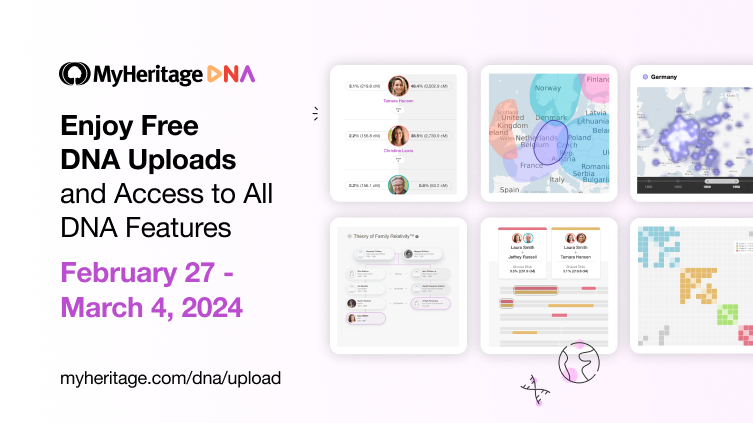Database of Irish-American emigrant letters launched
Great news this week! The University of Galway has debuted a database of letters and other material that covers roughly the late 1600s to the mid 20th century. It includes material sent from North America back to Ireland.
“The archive includes approximately 7,000 letters, running to more than 150,000 documents, along with other important historical papers. It was collected over five decades of research by Kerby A. Miller, Emeritus Professor of History at University of Missouri and Honorary Professor of History at University of Galway, who donated the material to the University of Galway Library. “
Read about the collection: https://www.universityofgalway.ie/about-us/news-and-events/news-archive/2024/march/university-of-galway-launches-imirce-database-of-irish-american-emigrant-letters.html# This also includes how to help expand the collection if you have letters or memoirs to contribute.
Searches: https://imirce.universityofgalway.ie/p/ms?pageTitle=Home+-+University+of+Galway+Digital+Collections
 March/April 2024Check out what’s new and noteworthy this spring in
March/April 2024Check out what’s new and noteworthy this spring in 



